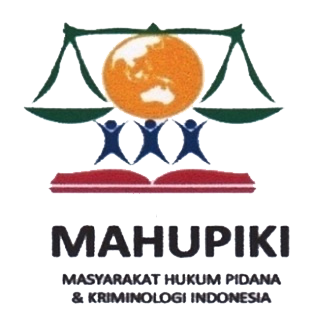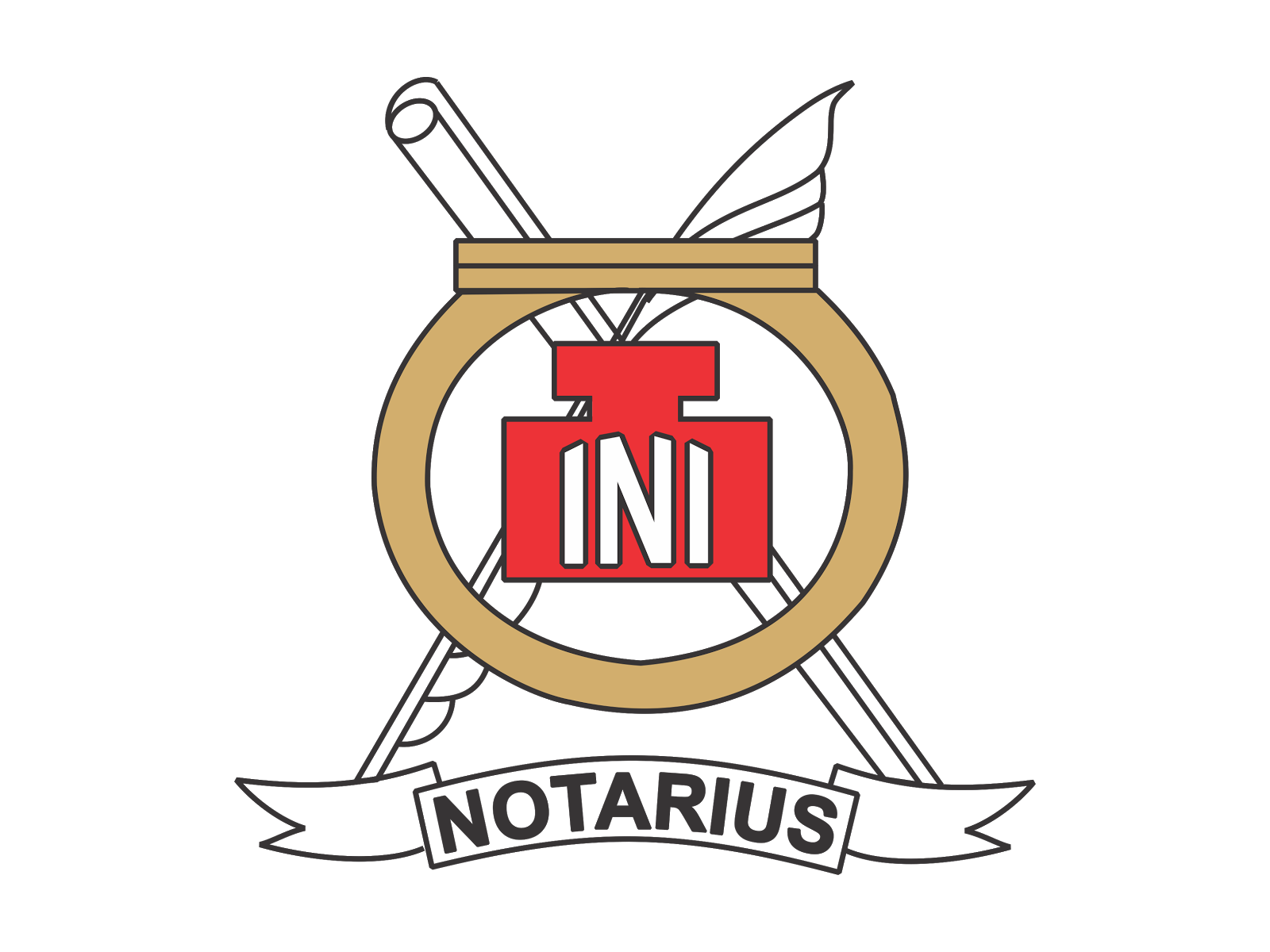The Eradication of Revenge Porn in High School Environments Reviewed with Positive Law in Indonesia
DOI:
https://doi.org/10.35586/jhs.v2i3.5692Keywords:
Revenge Porn, Prosedur Pelaporan, UU ITE, UU TPKSAbstract
Abstract
Revenge Porn is booming among children or high school students who meet. More than that, there are rules for revenge porn itself in the laws and regulations. Therefore, there is a need for further research on revenge porn as a crime, the regulation of revenge porn is reviewed by Law Number 11 of 2008 concerning Information and Electronic Transactions and Law Number 12 of 2022 concerning the Crime of Sexual Violence, and to know the reporting procedure when there is a porn revenge case. The research method used is normative research with an approach to laws and regulations. The data collection method used in this research is literature study. The results of this study indicate that revenge porn is a crime if there is an intention of the perpetrator to take revenge on the victim due to several factors such as the hurt experienced by the perpetrator. In addition, there can also be coercion and extortion that can aggravate the perpetrator when it is reported by the victim. In the ITE Law, there is a provision for revenge porn which is contained in Article 27 Paragraph (3). The relevance between the ITE Law and TPKS is the opening of electronic devices in the ITE Law that can be used for the needs of victims in reporting victim evidence with the TPKS Law. The procedure for reporting porn revenge cases can be seen in the Regulation of the Head of the Indonesian Police Number 6 of 2019 concerning Criminal Investigations.
References
Arisanti & Setiabudhi. “Pertanggungjawaban Pidana Pelaku Revenge Porn (Pornografi Balas Dendam) Menurut Hukum Positif di Indonesia”. (n.d). https://ojs.unud.ac.id/index.php/kerthadesa/article/view/69819
Bernadetha Aurelia Oktavira. “Jerat Hukum Pelaku Cracking Menurut UU PDP dan UU ITE. HukumOnline”. (n.d.). https://www.hukumonline.com/klinik/a/jerat-hukum-pelaku-icracking-i-menurut-uu-pdp-dan-uu-ite-lt4f235fec78736.
Bratadewa Bima Bayusuta. “Analisis Yuridis Undang-Undang Tindak Pidana Kekerasan Seksual Dalam Penegakan Hukum di Indonesia.” (n.d.). https://journal.uns.ac.id/Souvereignty/article/view/199
Bryan A. Garner. Black Law Dictionary 6th Edition. United States: West, 1990.
Chazawi Adami. Tindak Pidana Pornografi. Jakarta: Sinar Grafika, 2016.
Citron, D. K & Franks, M. A. “Criminalizing Revenge Porn”. Wake Forest Law Review, 49 (2014).
Cusack & Carmen M. Pornography and The Criminal Justice System. CRC Press, 2014.
Dewan Perwakilan Rakyat. “RUU TKPS Payung Hukum bagi Korban Kekerasan Seksual”. (n.d.).https://www.dpr.go.id/berita/detail/id/36115/t/RUU+TPKS+Payung+Hukum+Bagi+Korban+Kekerasan+Seksual. (2021).
Dwi Hananta. “Pertimbangan Keadaan-keadaan Meringankan dan Memberatkan dalam Penjatuhan Pidana”. Jurnal Hukum dan Peradilan 7, 1 (2018).
E.Y. Karter. Azas-azas Hukum Pidana di Indonesia dan Penerapannya. Jakarta: Alumni AHMPTHM, 1992.
Edy Arianto Syahputra. ”Analisis Yuridis Tindak Pidana Pornografi yang Disebarluaskan Melalui Madia Sosial (Twitter)”. Repository Universita HKBN Nommensen (2019).
Hari Murti. ”Cybercrime”. Jurnal Teknologi Informasi DINAMIK 10, 1 (2005).
Ita Iya Paulina Perangin-angin & Rahayu Nuswantoro Dwiwarno. “Kewajiban dan Tanggung Jawab Negara Memebrikan Perlindungan Hukum Terhadap Perempuan Korban Revenge Porn di Indonesia”. Diponegoro Law Journal 8, 1 (2019).
Muhaimin. Metode Penelitian Hukum. Mataram: Mataram University Press, 2020.
Rambu Susanti Mila Maramba. “Motif Tindak pidana Pembunuhan Dalam penjatuhan Pidana pada Proses Pembuktian dan Pertimbangan Hakim”. Tesis. Salatiga: Fakultas Hukum Universitas Kristen Satya Wacana, 2017.
Rifqi Noviendra Mahesa & Emmilia Rusdiana. “Tinjauan Yuridis Terhadap Penyebaran Foto Porno di Media Sosial (Studi Putusan Nomor: 80/Pid.Sus/2021/PN SDA).” (n.d.). https://doi.org/10.2674/novum.v0i0.47579
Salim H. Sidik & Erlies Septiana Nurbani. Pengantar Ilmu Hukum. Jakarta: Rajagrafindo Persada, 2019.
Tyrone Kirchengast. “The Limits of Criminal law and Justice: ‘Revenge Porn’ Criminalization, Hybrid Responses and The Ideal Victim”. UniSA Student Law Review 2, 42 (2016).
Peraturan Kepala Kepolisian Negara Republik Indonesia Nomor 14 Tahun 2012 tentang Manajemen Penyidikan Tindak Pidana.
Peraturan Kepala Kepolisian Republik Indonesia Nomor 6 Tahun 2019 tentang Penyidikan Tindak Pidana.
Undang-Undang Nomor 8 Tahun 1981 tentang Hukum Acara Pidana.
Undang-Undang Nomor 11 Tahun 2008 tentang Informasi dan Transaksi Elektronik.
Undang-Undang Nomor 12 Tahun 2022 tentang Tindak Pidana Kekerasan Seksual.
Downloads
Published
How to Cite
Issue
Section
License

This work is licensed under a Creative Commons Attribution-ShareAlike 4.0 International License.
Authors who publish with this journal agree to the following terms:
- Authors retain copyright and grant the journal right of first publication with the work simultaneously licensed under a Creative Commons Attribution-ShareAlike 4.0 International License that allows others to share the work with an acknowledgement of the work's authorship and initial publication in this journal.
- Authors are able to enter into separate, additional contractual arrangements for the non-exclusive distribution of the journal's published version of the work (e.g., post it to an institutional repository or publish it in a book), with an acknowledgement of its initial publication in this journal.
- Authors are permitted and encouraged to post their work online (e.g., in institutional repositories or on their website) prior to and during the submission process, as it can lead to productive exchanges, as well as earlier and greater citation of published work (See The Effect of Open Access).
Jurnal Statuta have CC-BY-SA or an equivalent license as the optimal license for the publication, distribution, use, and reuse of scholarly work.
In developing strategy and setting priorities, Jurnal Statuta recognize that free access is better than priced access, libre access is better than free access, and libre under CC-BY-SA or the equivalent is better than libre under more restrictive open licenses. We should achieve what we can when we can. We should not delay achieving free in order to achieve libre, and we should not stop with free when we can achieve libre.
You are free to:
- Share — copy and redistribute the material in any medium or format
- Adapt — remix, transform, and build upon the material for any purpose, even commercially.
The licensor cannot revoke these freedoms as long as you follow the license terms.

Jurnal Statuta licensed under a Creative Commons Attribution-ShareAlike 4.0 International License.











